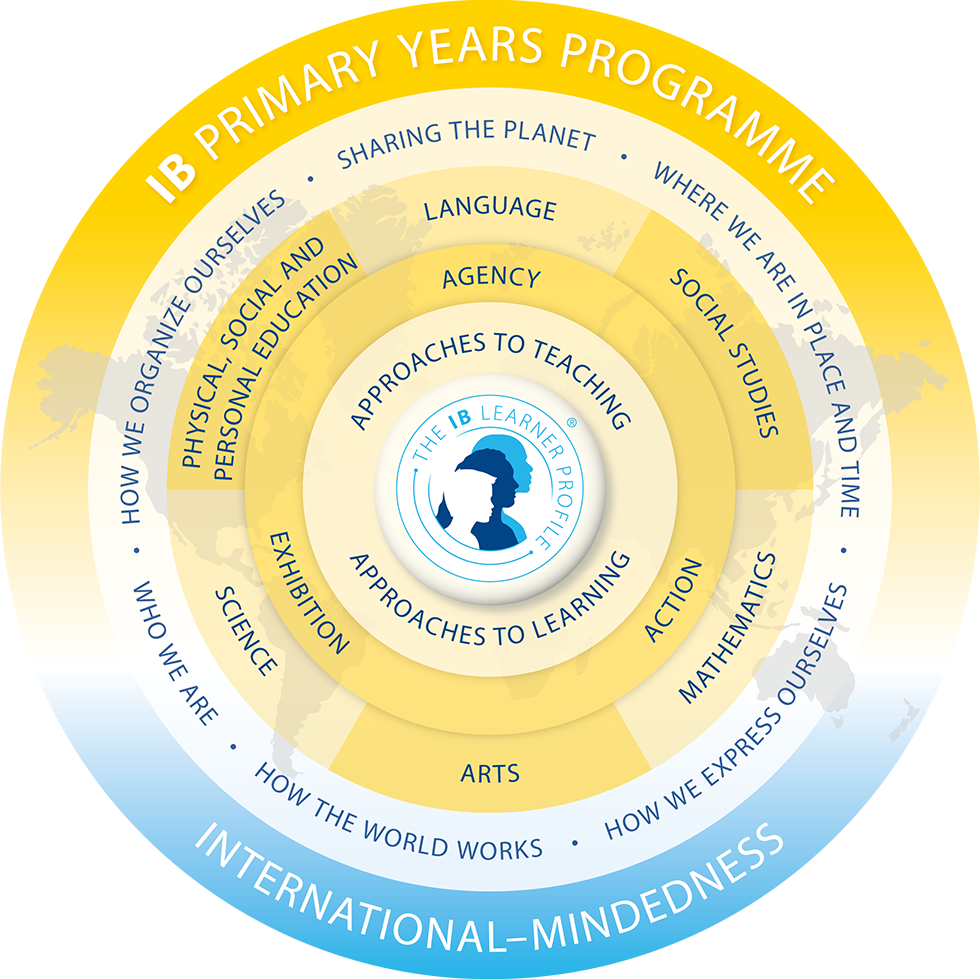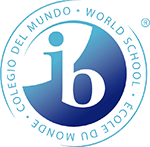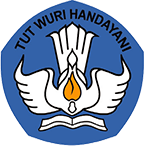PYP Curriculum
Primary School
Secondary School
 The Primary Years Programme (PYP) is an international curriculum framework designed for all children between the ages of 4 and 12 years (Kindergarten to Year 6). In the PYP, learning aims to transcend traditional boundaries between subject areas where students explore six transdisciplinary themes of global significance: who we are, where we are in place and time, how we express ourselves, how the world works, how we organise ourselves and sharing the planet. The curriculum focuses on nurturing the students’ academic, social and emotional well-being using a concept-based inquiry approach. Students are also encouraged to develop thinking, communication, research, self-management and social skills to be able to understand their role in the local and global context as part of a global community. International-mindedness is fostered through the development of the IB learner profile attributes (thinkers, communicators, inquirers, balanced, principled, reflective, open-minded, knowledgeable, risk-takers and caring). Students are encouraged to reflect on their own perspective, culture and identities as well as on those of others. Students learn to appreciate different beliefs, values and experiences through student agency where their choices, voices and ownership are highly valued.
The Primary Years Programme (PYP) is an international curriculum framework designed for all children between the ages of 4 and 12 years (Kindergarten to Year 6). In the PYP, learning aims to transcend traditional boundaries between subject areas where students explore six transdisciplinary themes of global significance: who we are, where we are in place and time, how we express ourselves, how the world works, how we organise ourselves and sharing the planet. The curriculum focuses on nurturing the students’ academic, social and emotional well-being using a concept-based inquiry approach. Students are also encouraged to develop thinking, communication, research, self-management and social skills to be able to understand their role in the local and global context as part of a global community. International-mindedness is fostered through the development of the IB learner profile attributes (thinkers, communicators, inquirers, balanced, principled, reflective, open-minded, knowledgeable, risk-takers and caring). Students are encouraged to reflect on their own perspective, culture and identities as well as on those of others. Students learn to appreciate different beliefs, values and experiences through student agency where their choices, voices and ownership are highly valued.The PYP Exhibition
Overnight Camp Programme
Action
In the final year of the programme, which at Global Jaya School is Year 6, students are expected to participate in a culminating project, the PYP Exhibition. This is designed to demonstrate their competencies in all areas of the programme. Students engage in a collaborative transdisciplinary inquiry process that involves identifying, investigating and offering solutions to real-life issues or problems. As one of many ‘frontloading’ activities, the Year 6 teachers arrange a study tour. The Year 6 Study Tour is designed and organised to inquire into the topic of the Exhibition. This study tour is also designed to strengthen students’ social skills and further develop their ability to work as an effective team member. To spread awareness of the Exhibition throughout the school community, the Year 6 Team (teachers) run three separate Exhibition workshops; for Year 6 parents, the Primary staff and the Exhibition mentors. The workshops highlight the process, expectations and some student activities, as well as provide practical experiences and understanding for all involved regarding the Exhibition journey. Teachers from both the Primary and Secondary school are encouraged to volunteer their time to mentor individual groups. All specialist teachers integrate with this unit and work hand in hand with the Year 6 teachers. All student work produced in specialist classes will be displayed on the PYP Exhibition days.
Overnight Camp Programme
At Global Jaya School an overnight camp programme has been established for Year 4, Year 5 and Year 6. Our camp programmes encourage students to engage in age-appropriate activities, allowing them to be challenged physically and mentally in various environments. All activities are designed to nurture the IB Learner Profile and Approaches to Learning (skills).
Action
We believe that education must extend beyond the intellectual to include not only socially responsible attitudes but also thoughtful and appropriate action. Student-initiated action is an important component of the Primary Years Programme. The term ‘student-initiated action’ describes action that a student has done by choice without any prompting or direct instruction by an adult. This action should be initiated by the student as a result of the learning process; it will extend the student’s learning, or it may have a wider social impact. Student action may be taken by an individual student or by a group of students working collaboratively. It does not need to be big or elaborate. It can begin at the most immediate and basic level: with the student; within the family; within the classroom, the hallways and the playground. We celebrate and promote student-initiated action during assemblies and through display boards and student portfolios.




